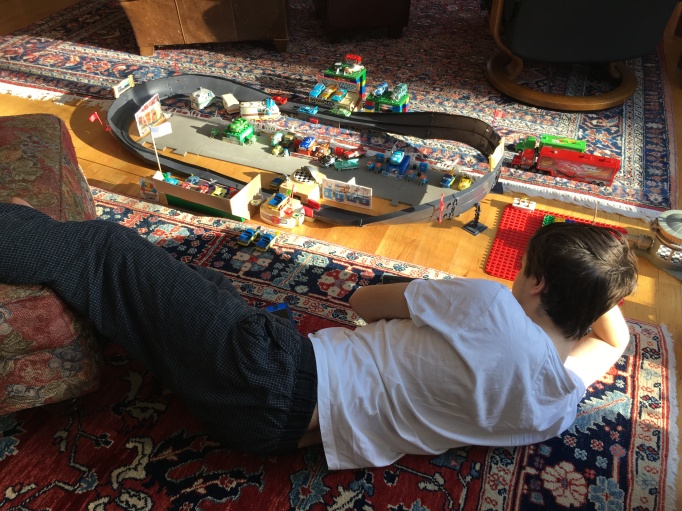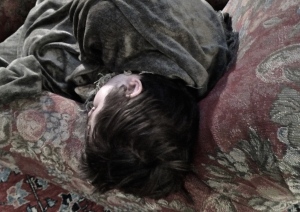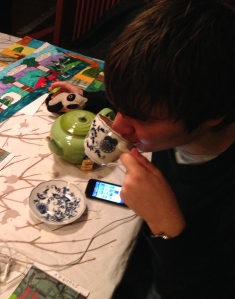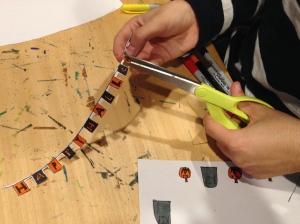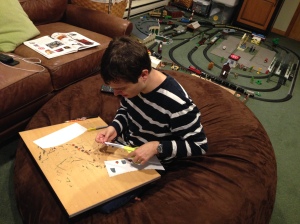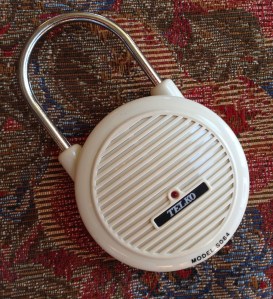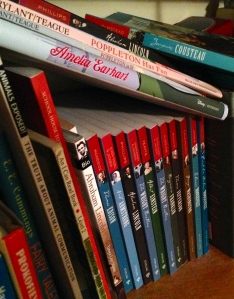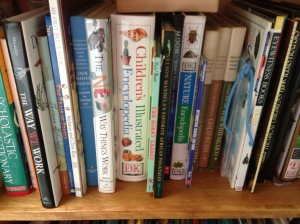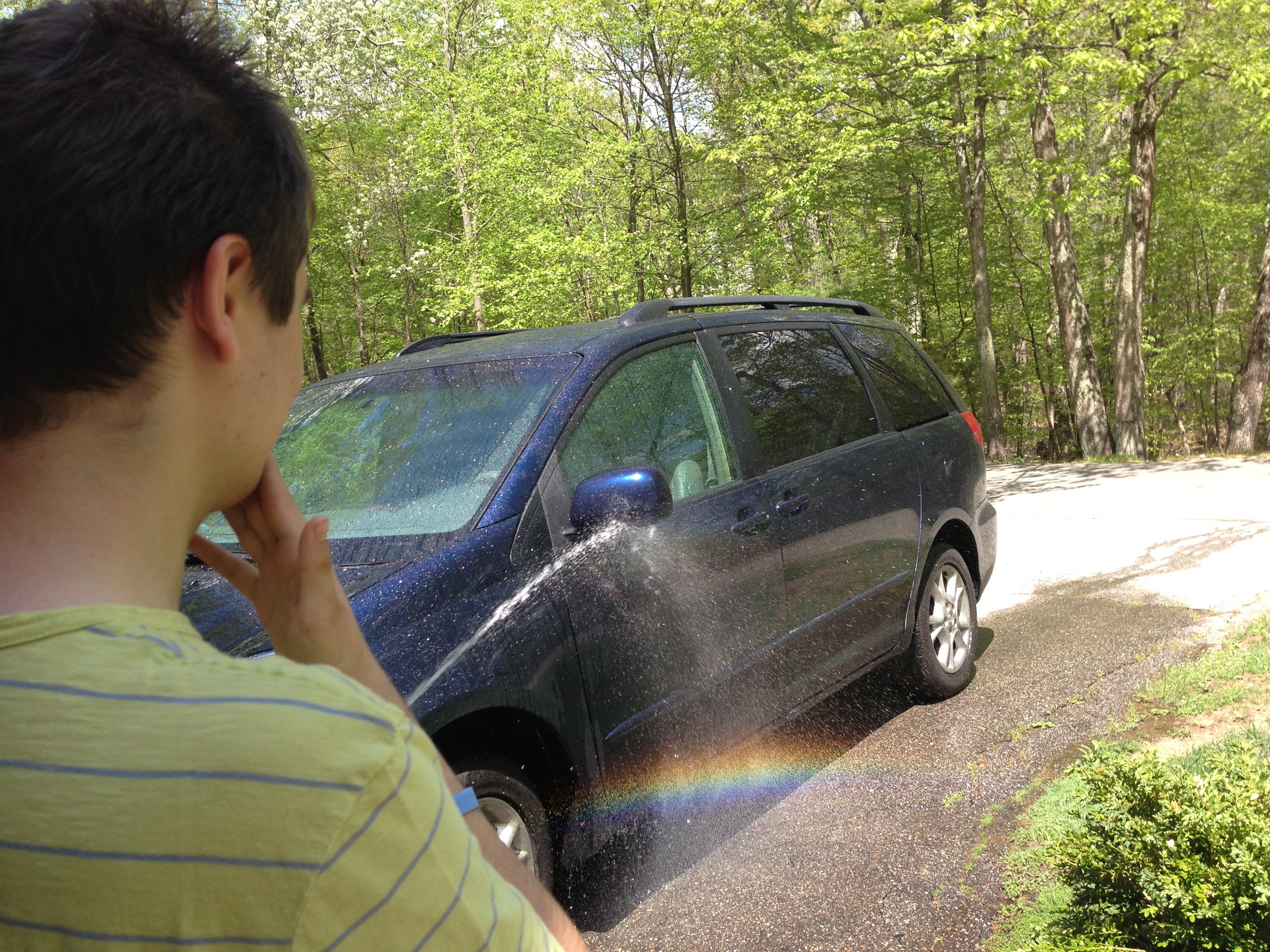This is a verbatim exchange between me and a local taxpayer – I have a conversation like this with someone every time we have a budget crisis, which is about every four years. It appeared within a larger thread about local school district funding issues. We may be facing a tax override. I changed the name of our town to Mayberry, for what’s worth. I probably should have changed it to Peyton Place.
Resident:
Is it really true that nothing can be done about Special Ed? I have friends with kids in special ed and they say that Mayberry is widely known as a school system that approves every parental request and is easily “gamed” by savvy parents.
Me:
I feel compelled to ask – how does one “game” special education? After 15 years of special education experience in Mayberry, I have yet to come across parent who thinks that getting special education services is something to be “gamed.” If that means the School District is meeting their kids’ identified needs, that’s called education. The idea that parents could dupe the school district to provide for a child who doesn’t need services is a little far-fetched, don’t you think? Gaming indicates you’ve fooled the system into giving you something you don’t deserve or haven’t earned – is that a valid way to look at special education? Wouldn’t you think that a parent with a child with a disability would work hard to make sure they got the help they need – and that they’d try to be savvy about it? That’s good parenting. I wonder, too, how your friends with kids in special ed feel about you sharing their view of the system.
Mayberry does not approve every parental request, and the District has the legal fees to prove it. (And the eligibility process is complicated, especially when people don’t agree.) In fact, the increased expenses in 2012 and 2013 are the result of the District being so woefully out of compliance in key areas that it lost a number of kids to private placement (several of whom have since been brought back in District because the leadership saw fit to build the programs that were previously lacking).
Here is the key point: because special education fees were not reported to the School Committee by the Superintendent and Business manager (both gone now), there was no way to budget for them and they were then paid for in ways not apparent to the School Committee. That does not mean that those expenses were unwarranted – accounting errors are not the same as providing services that were not needed or mandated by the state. As Barbara Rich pointed out last week, Mayberry’s expenditures and out of district placements are in line with the state average.
Finally, transportation expenses play a huge role in this process, and that’s something over which parents have zero control from a financial standpoint. When the decision was made to go to an outside bus company, the only issues parents weighed in on were communication and safety; parents had no way of knowing which was the better decision from a budget standpoint.
The problem and responsibility lies squarely with those responsible for building and funding a budget, not with the people who determine for special education services.
Please vote yes, for all the kids.
Me
Resident:
I would like to thank all the parents who reached out to me (both here and elsewhere) to talk about their experiences with Mayberry’s special ed program.
From what I’ve heard, it sounds like the current system is severely flawed and is hemorrhaging money. It looks as though the schools are aware of it too, and that Mayberry has an unusually high number of children diagnosed with serious disabilities: [link to a report called the Walker report that audited special ed services in 2012] As a taxpayer who spends considerable amounts of money to educate your [emphasis mine] children, I hope that the wasteful aspects I this program can be eliminated. I have seen a number of studies that have concluded that the most effective special ed systems actually spend less money, not more.
Me:
Everything I said in my last post lines up with the Walker study, which covered the time when the District was out of compliance and lost kids to outplacement – what confuses me is that you said earlier that Mayberry hands out services to anyone who asks but the audit shows that is not the case. What it shows is that even though, at the time, Mayberry had more kids than usual out-placed, the overall percentage of the budget going to special ed was still within one percentage point of the state average. Which means that the District was serving more kids in district at a lower rate than everyone else. The report also noted that the District’s inclusion rate is above average and recommends more training to support teachers in this venture. It doesn’t say anywhere the money actually spent here is wasted. There is a higher number of kids but the overall percentage is virtually the same…so that might mean that Mayberry is spending its dollars pretty well. Also, a district this size cannot build a program for every kind of disability, which means that it is sometimes more cost effective to send kids out than build a special therapeutic program for very few children. There is no question that the District can do better, the question is what we mean by better and how one identifies waste – this is a leadership issue and not one that can be addressed with any effectiveness on a town list. I greatly admire those who serve on our Town Boards and Committees to make sure it all gets done in the midst of so much second guessing.
As a taxpayer who spends considerable amounts of money and time investing in all of the children of Mayberry who are the future of our towns and the good teachers and schools that keep property values high I feel that my time and money are well spent. I am not elderly but I gladly pay for services for those who are and I place a certain amount of trust in the government to makes sure those services are maintained; we all invest in our community and I cannot help but take umbrage when people with disabilities are singled out as drains on the system. The education and support we provide to our children give them a greater shot at independence and productivity then they have had in generations past, when some of them would have been in state care their entire lives. I made this exact same argument when my child was a preschooler and I find myself making it here again when that child is in high school and also out working in the community, thanks to the teachers and staff of Mayberry. Thirty years ago that would have been impossible. It’s an investment, it pays off, and all of us are worth it and better because of it.
Respectfully,
Me
Resident:
If you look at the history of budget cuts in the schools it is clear that they have been cutting programs for *all* students for several years in order to pay for special ed programs. The current initiatives on the table will not bring back those programs. I can’t help but think that this has had a negative impact on our public schools quality and reputation, which has in turn contributed to stagnant home values.
And while I agree that everyone deserves a decent education, I’m not sure that any student deserves to have 2-10x as much taxpayer money spent on their education vs. other students who might be equally deserving. Have the current programs been tested for outcomes? Are we really getting results for the money spent?
I think we have a right to know the facts, not just anecdotes.
What gets measured, gets managed.
Me:
I would argue that it is not at all clear that they are cutting regular ed to pay for special ed – I would argue (and the data supports) that taxpayers have been paying in less than they once did and so has the state. I would argue that the town has made good investments in infrastructure and open space and that those have also appeared on tax bills that have been going up. I would also argue that more teachers, more tools, more differentiation in an inclusive classroom make it a better educational environment for all learners – special ed money does not just help special ed students, and much of the special ed money comes from the state and federal government when they reimburse the school district for mandated services.
So, you’re looking for return on your investment? That would be an interesting thing to measure. MCAS scores are public. Mayberry does very well. Student progress on education plans is data driven and tracked – alas, individual citizens are not entitled to stories or anything else about special education children’s performance so that they can measure up to a taxpayer’s idea of worthiness. Maybe the kids who go into service jobs cleaning hospitals and schools and office buildings aren’t worth teaching anything more than how to fill out a time card and open a bank account. Those folks only deserve a decent education, not a good one, am I getting this right? At what point is someone useful enough to justify the taxpayer investment? When they get into college? When they graduate? When they get a job? When they start paying taxes? When they are wounded in battle? Or maybe I can leverage the value of my bright, typically developing children against the one with the developmental delay so the tax investments even out. Would that be satisfactory?
I would be hard pressed to measure the value of the experiences shared by the drama guild kids about their inclusive drama class (they took their views to the school committee, clever children) or the unified track team when they won a team gold medal last spring. Yes, that’s a story – and a measure of success. Winning. For some people winning counts. For some people, being welcomed on the field with and by their typical peers is the victory.
But, lucky for most of us, the fact is no one gets to decide which child is worth more than the next. Our society and our public schools are built on the foundation that everyone is entitled to a good education whether they “deserve” it or not. Just because we are fortunate to have the money to pay taxes to fund good schools doesn’t mean we get to pick and choose who is worthy of a public education. We rely on good public servants, administrators and teachers to help us decide the best way to provide the best education we can. An open and ongoing dialogue with those people on a regular basis is the best data you’ll find on how our schools are doing. How you view success is entirely up to you.
Respectfully,
Me
Resident:
To further clarify, my biggest question is abut the quality of services that kids in special ed are receiving. From what I’ve heard (could be hearsay, but from very impassioned parents), considerable amounts of money have been spent on school mandated special ed initiatives that have actually HURT kids who needed help and made their lives and educations worse, not better. I would absolutely classify that kind of spending as “waste” that should be eliminated.
Me:
There’s no way to address any of the issues you now raise (I don’t recall quality coming up at all before) in this venue. School mandated services that hurt children? The district has a state mandated Special Education Parent Advisory Council that exists specifically to address these kinds of concerns (and it’s totally free!). Please ask the parents involved to contact one of the officers to get answers and advice about how to understand or file a complaint about any programs that affect their children or their schools. SEPAC is there to help: website link to SEPAC
In the meantime, I wouldn’t throw the baby out with the bathwater based on heresay.
Me
Resident:
I’m sorry but I don’t see how this wins my vote to raise taxes at town meeting. I started out being totally in support of raising the funding the schools, but having some questions based on what I had heard and read about the budget (including the audit which stated pretty plainly that most of the budget crisis has been due to poor tracking of rising special ed costs). The answers I’ve gotten here have turned me pretty strongly against this initiative.
It doesn’t sound like the supporters of this initiative are looking for any accountability from the schools at all….from your statements it sounds like you think they are doing just fine, that taxpayers just aren’t paying enough, and that the schools shouldn’t have a good handle on what their budget really is and how it is likely to increase in the future.
I’m sorry, but I prefer to think carefully about every vote at town meeting that raises our expenditures. And I believe we have a right to know how well the system is working since we are being asked to pay for it.
Me:
I am not trying to win your vote for anything, but I’m doing my best to be sure that there are as few people as possible misinterpreting the facts in the same way you seem to be.
A failure to track rising costs does not mean that those costs are unreasonable. Working to contain rising costs is a goal but the mandated nature of special education costs puts many of those costs beyond the District’s control. Again, the error was that the District failed to budget for those (and other) costs because the business office failed over the course of two years to inform the school committee that the budget was not written to accommodate them. There are some costs that can and should be contained but it is wrong to correlate the budget crisis with needs the special ed kids themselves, which is what you have done by implying that some kids are more worthy of our tax dollars than others.
I never said they were doing just fine but I did say that there is no evidence to be found in the Walker report that they overspent on special education – it was me who said that transportation is an issue. I never said they deserve a blank check but they deserve more than they get now – according to the School Committee the numbers the towns have been underpaying for years because the district leadership was not forthcoming about what the real expenses were. There absolutely must be more transparency in the process overall but I will say as many times as necessary that this budget crisis was not created by unnecessary special education costs – it was created by a failure to report, budget and pay necessary expenses (and other costs) properly.
Respectfully,
Me
I found this exchange maddening and instructive, because I think it presents a lot of issues that face a lot of school districts right now. Our budget crisis came from a rather unique set of circumstances, which I try very hard to explain, but perhaps not quite hard enough to convince this resident.














